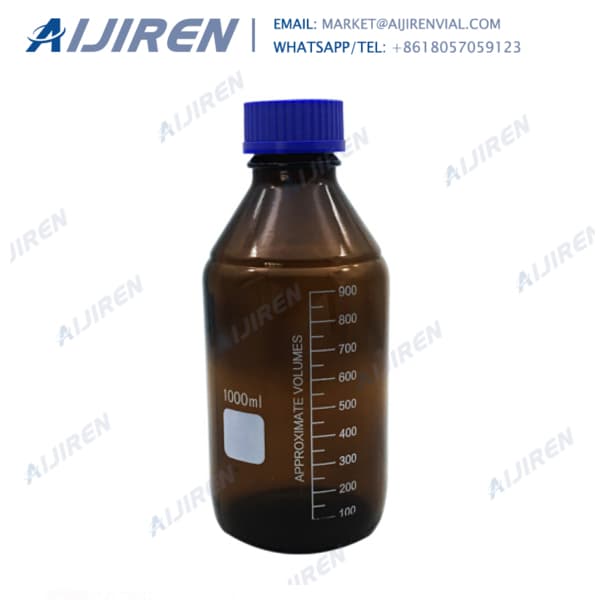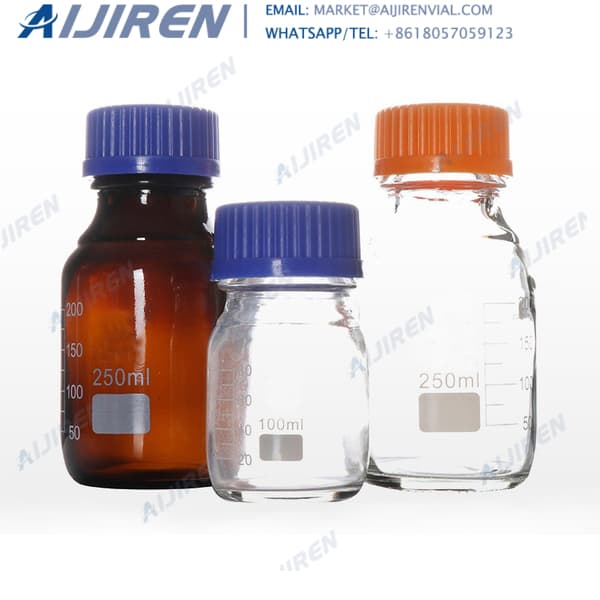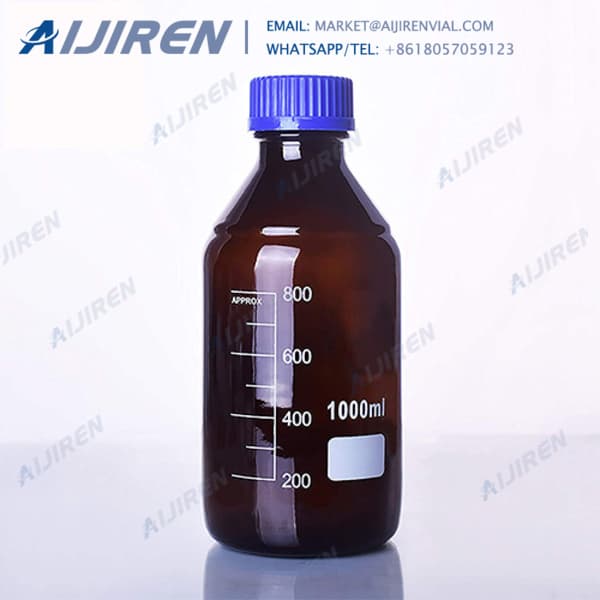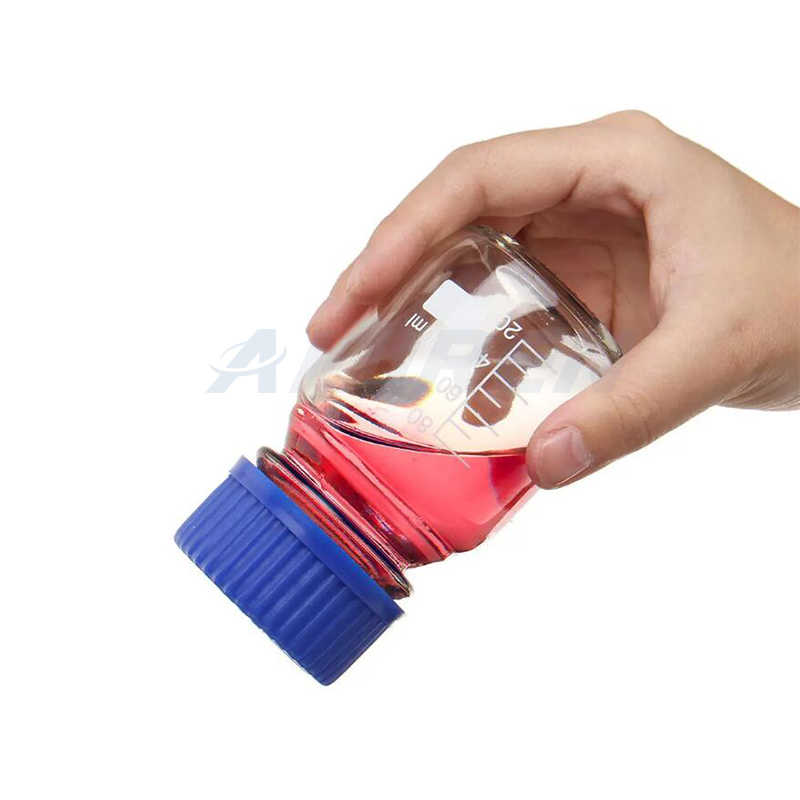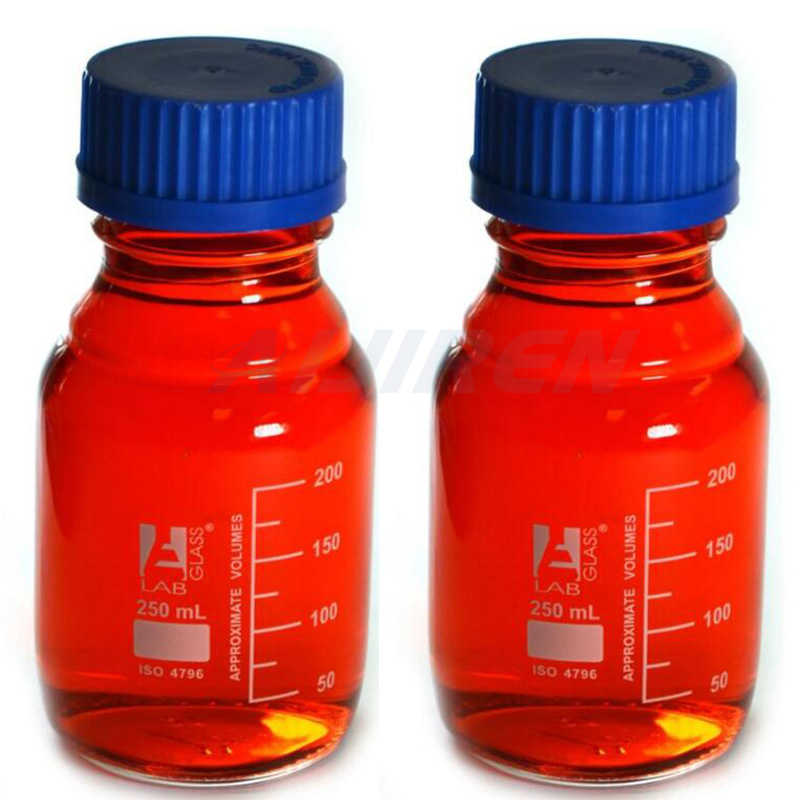Septa materials comparison in HPLC
-

Septa Selection Tool | Thermo Fisher Scientific - HT
Some solvents that are commonly used for HPLC, UHPLC and GC experiments can impact the septa integrity. Temperature If you need to place a capped sample vial in a high temperature environment, then you will need to consider septa materials that are able to withstand high temperatures.
Get Price -
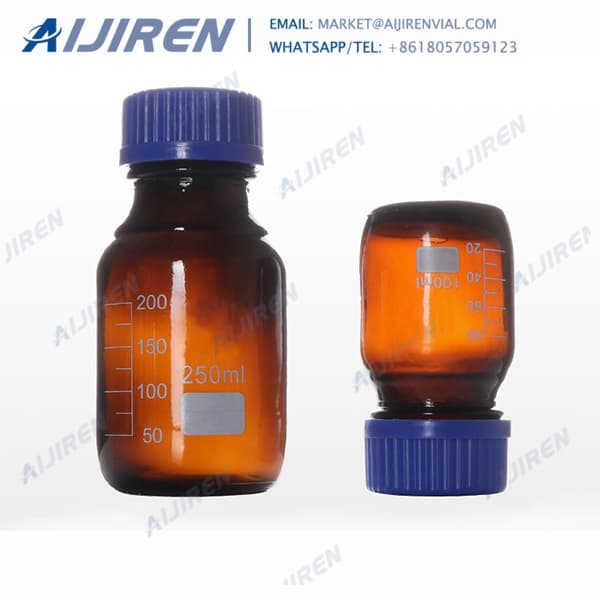
What is a HPLC Vial Septa?
Jul 23, 2020 · By definition, According to the definition, Septa is a circular gasket made of Silicone or silica gel. In HPLC analysis, Septa is usually placed in the Cap of the HPLC Vial to seal the HPLC Vial to ensure that there is no gap between the Cap and the Vial.Aijiren's Septa uses a double-sided material, and the combination of PTFE and Silicone
Get Price -
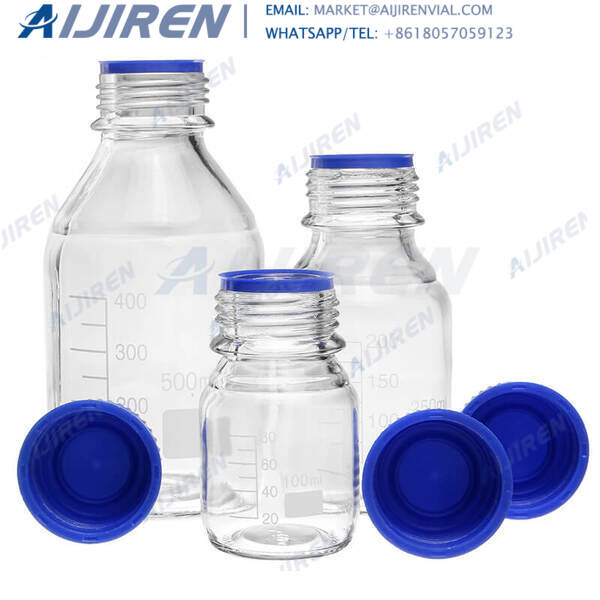
Autosampler Vials & Caps for HPLC & GC | Thermo Fisher
HPLC & GC Certified Screw Vial & Cap Kits for 2 mL Samples. Precleaned, EPA certified assembled kits; includes 40 mL screw vials and 24 mm. open top screw caps. 0.3 and 1.5 mL screw top vial-cap kits for analysis of small sample volumes. For use with environmental analyses under EPA regulations.
Get Price -
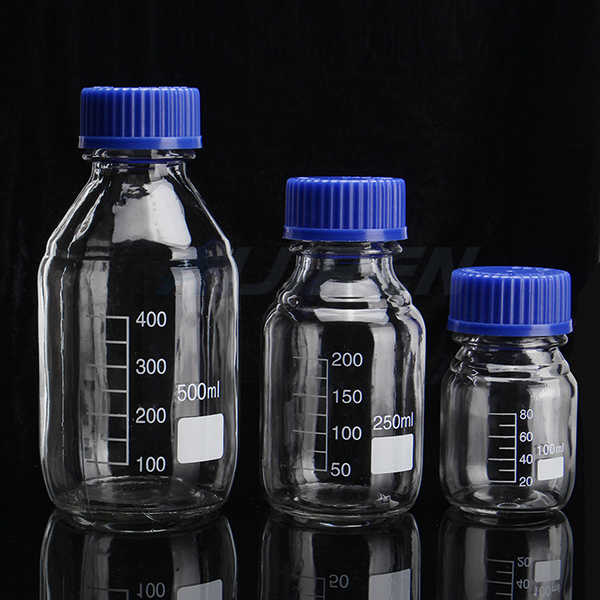
Septa Selection Tool | Thermo Fisher Scientific - AE
Some solvents that are commonly used for HPLC, UHPLC and GC experiments can impact the septa integrity. Temperature If you need to place a capped sample vial in a high temperature environment, then you will need to consider septa materials that are able to withstand high temperatures.
Get Price -
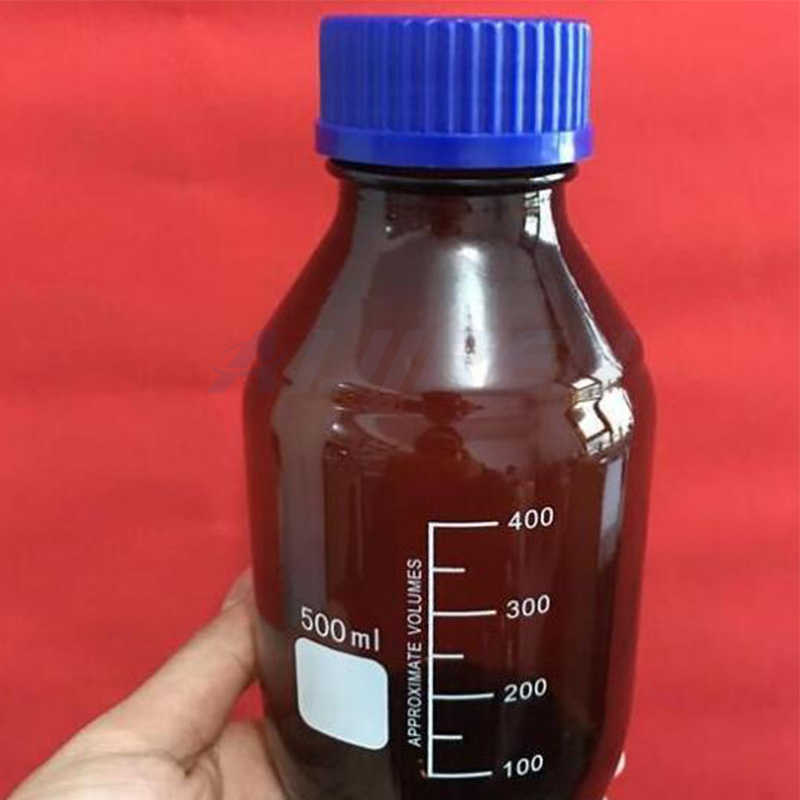
CAN I REUSE THE VIALS? - LinkedIn
Sep 23, 2022 · 2. materials. 3. and energy than vial recycling. (septa) of the vials, on the other hand, you may use only two or three times. ... • Scientists used GC and HPLC instruments to compare blank ...
Get Price -
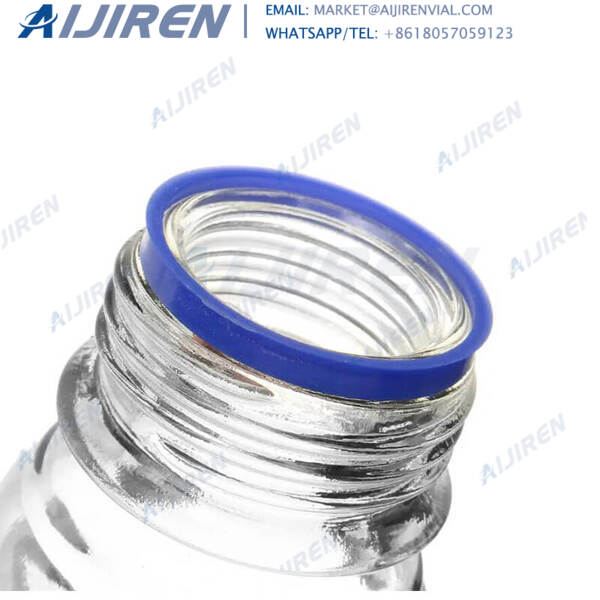
Septa | VWR
Septa. Septa are available in a variety of materials and thicknesses. PTFE Natural Rubber are moderately priced seals for GC and HPLC with good chemical properties. They are ideal for multiple injections due to high resealability, but not as easy to penetrate as PTFE/RR. PTFE/High Performance Rubber is a highly pure synthetic red rubber septum
Get Price -

Septa Selection Tool | Thermo Fisher Scientific - SG
A specially moulded seal with a PTFE insert. Sealing surface of Butyl and PTFE affects a more positive seal than non-PTFE-faced septa. Ideal choice for temperatures below 125°C. Good sealing characteristics, excellent resistance to most solvents with reduced coring and high puncture tolerance.
Get Price -
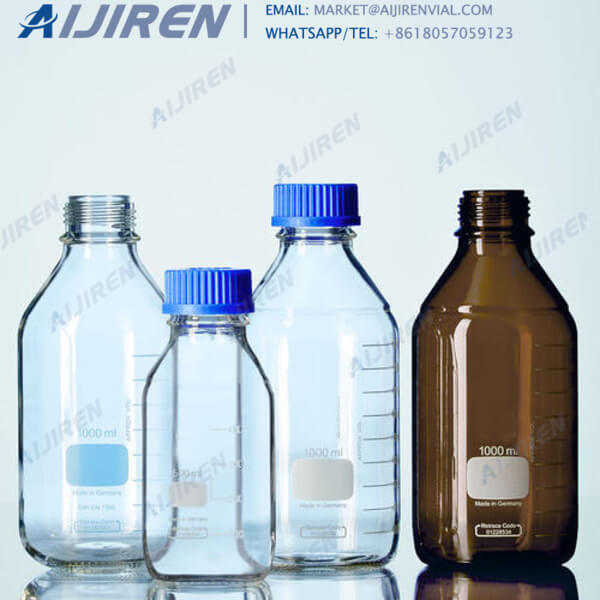
Accessory Product Data Sheet - .NET Framework
vial septa contain small quantities of organic materials that might be detectable with the analytical instrumentation being used. For most GC/MS and other high-sensitivity detectors, Phenomenex recommends septa materials with the Cert+ designation; these are the cleanest and highest-performing products in the Verex line.
Get Price -
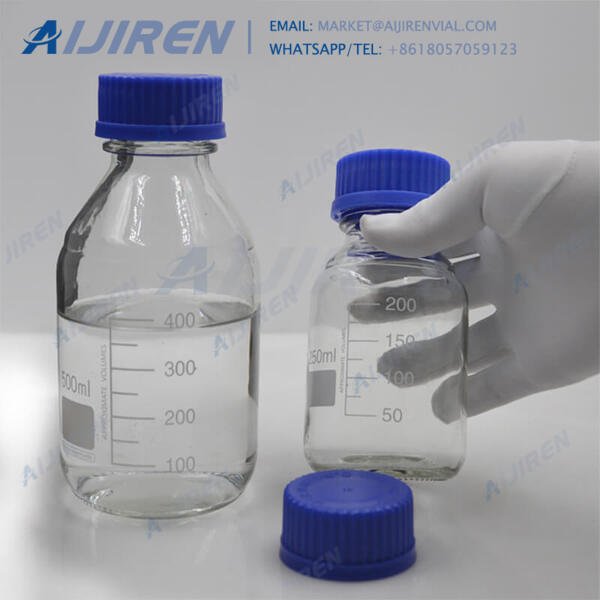
Septa Selection Tool | Thermo Fisher Scientific - EG
Some solvents that are commonly used for HPLC, UHPLC and GC experiments can impact the septa integrity. Temperature If you need to place a capped sample vial in a high temperature environment, then you will need to consider septa materials that are able to withstand high temperatures.
Get Price -
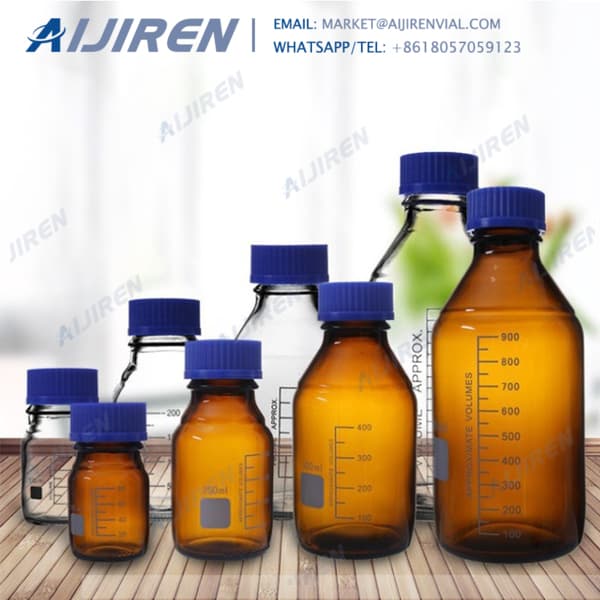
Septa Selection Tool | Thermo Fisher Scientific - LK
A specially moulded seal with a PTFE insert. Sealing surface of Butyl and PTFE affects a more positive seal than non-PTFE-faced septa. Ideal choice for temperatures below 125°C. Good sealing characteristics, excellent resistance to most solvents with reduced coring and high puncture tolerance.
Get Price -
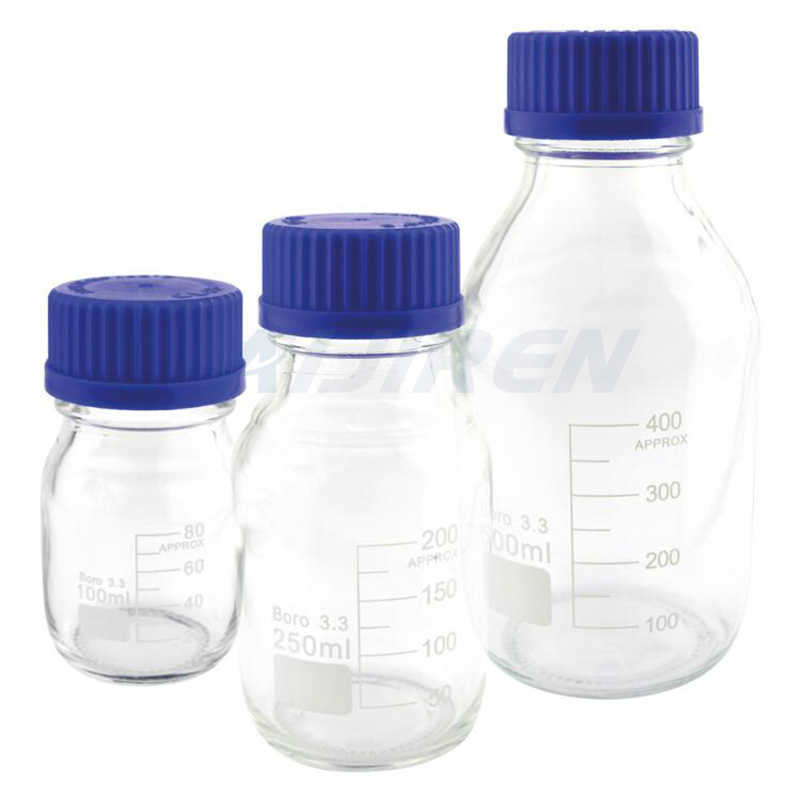
12 x 32, 9 mm or 2 mL HPLC Sample Vials | Waters
Deactivated Clear Glass 12 x 32 mm Screw Neck Vial with Cap and Preslit PTFE/Silicone Septum, 2 mL Volume, 100/pk. This item is not available for sale. Contact Waters for more information. SKU: 186000327C. LCGC Certified Clear Glass 12 x 32 mm Screw Neck Vial, Max Recovery, with Cap and Preslit PTFE/Silicone Septum, 1.5 mL Volume, 100/pk.
Get Price -
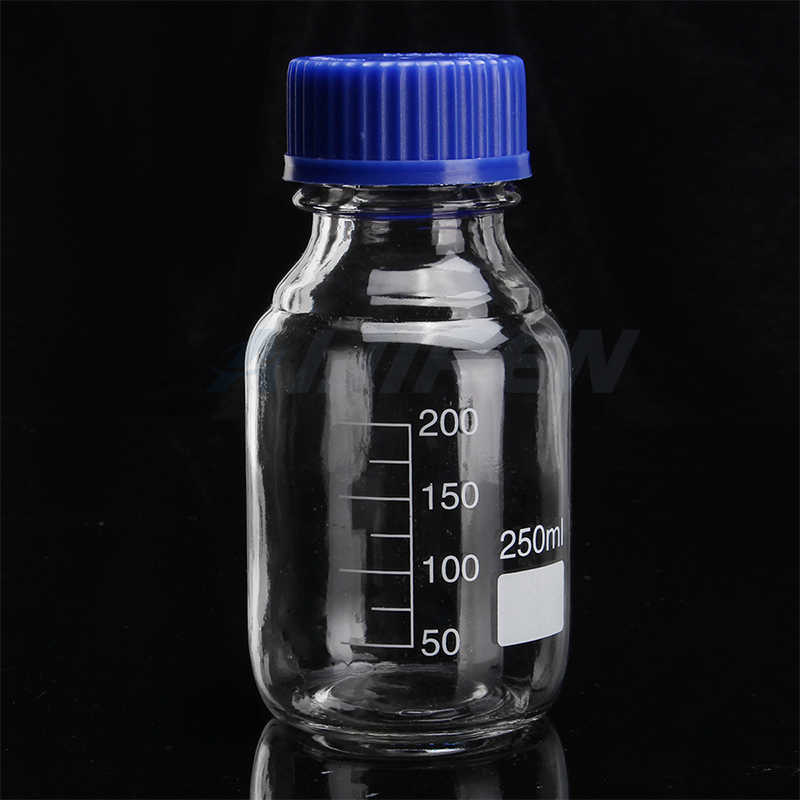
Septa Selection Tool | Thermo Fisher Scientific - TT
Use this simple septum selector tool to find the best septum for your autosampler vial and application.
Get Price -
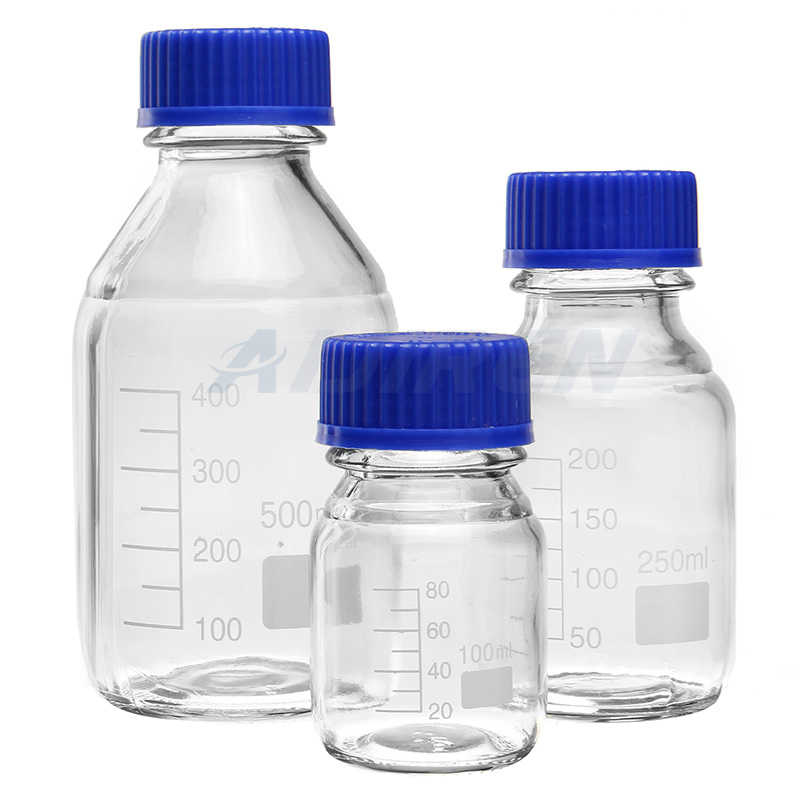
Septum Selection Guide Vials and Closures - Fisher Sci
PTFE/Silicone septa are ideal for use in most HPLC and GC applications where resealability and purity are critical. Pre-slit PTFE/Silicone Septa Pre-slit septa are offered in many of the same formulations as for non-slit PTFE/silicone septa and shares most of the physical and chemical characteristics.
Get Price -
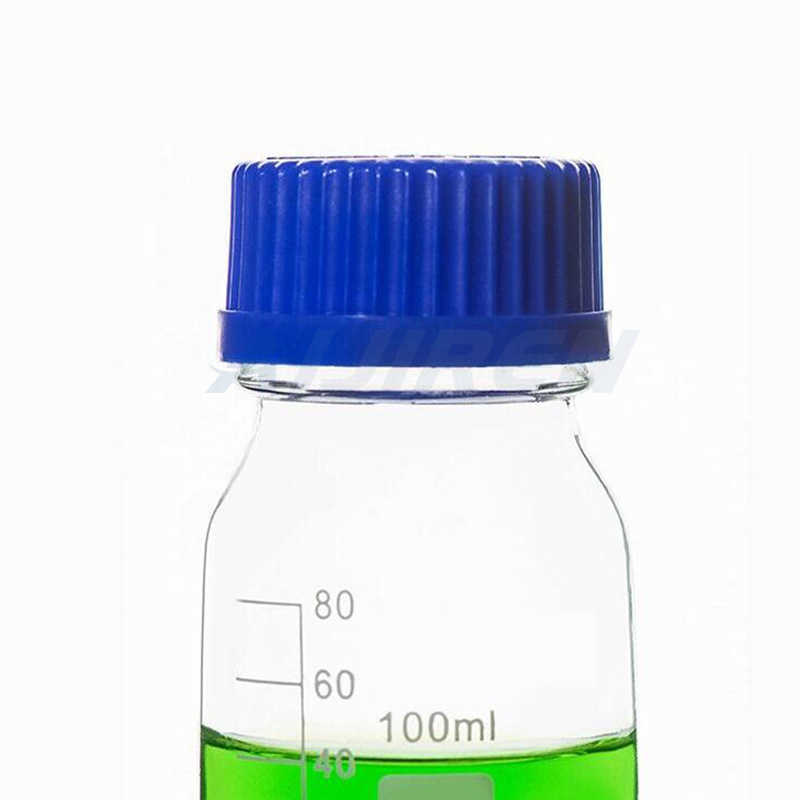
Septa Selection Tool | Thermo Fisher Scientific - DE
A specially moulded seal with a PTFE insert. Sealing surface of Butyl and PTFE affects a more positive seal than non-PTFE-faced septa. Ideal choice for temperatures below 125°C. Good sealing characteristics, excellent resistance to most solvents with reduced coring and high puncture tolerance.
Get Price -

Septa Selection Tool | Thermo Fisher Scientific - CL
A specially moulded seal with a PTFE insert. Sealing surface of Butyl and PTFE affects a more positive seal than non-PTFE-faced septa. Ideal choice for temperatures below 125°C. Good sealing characteristics, excellent resistance to most solvents with reduced coring and high puncture tolerance.
Get Price

